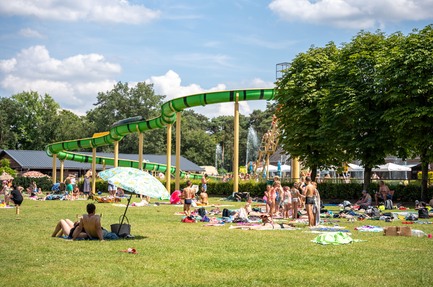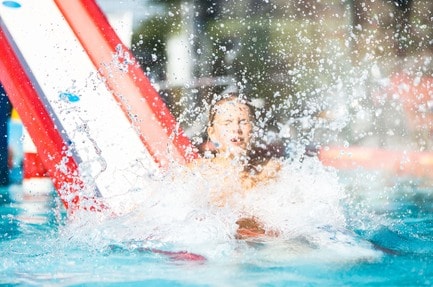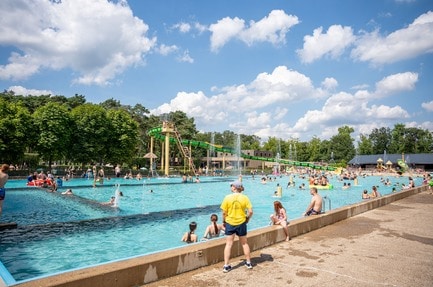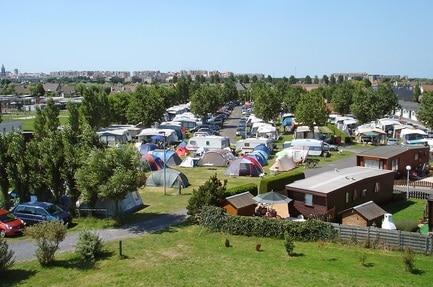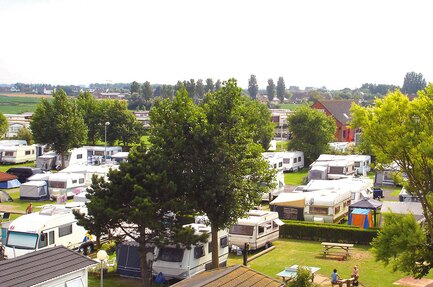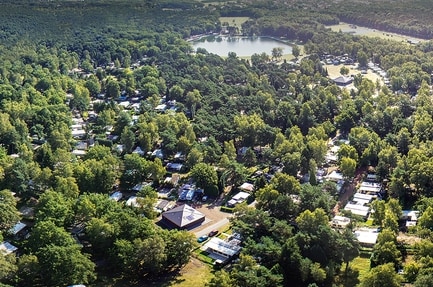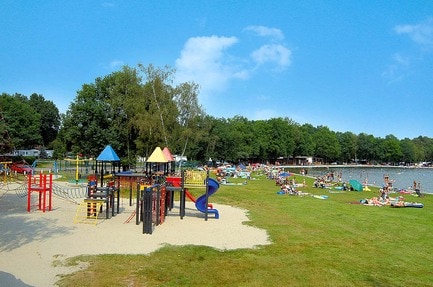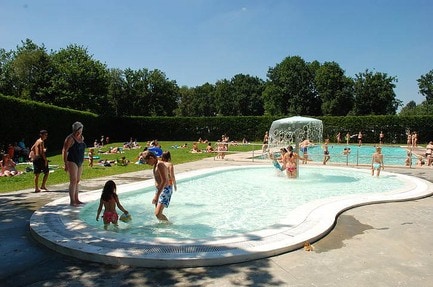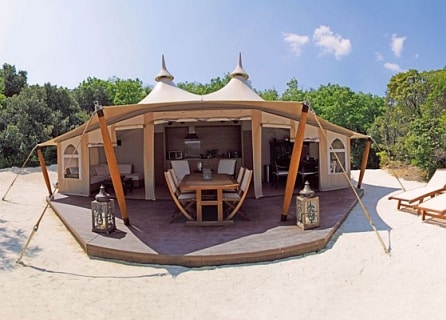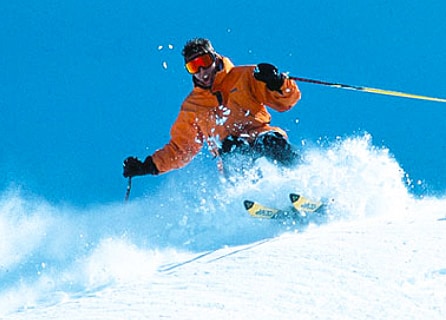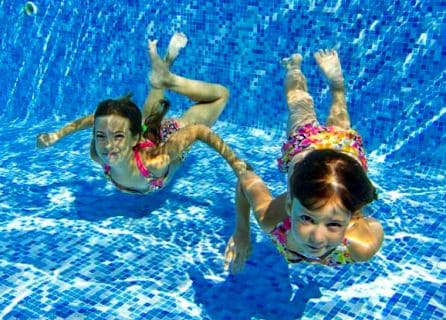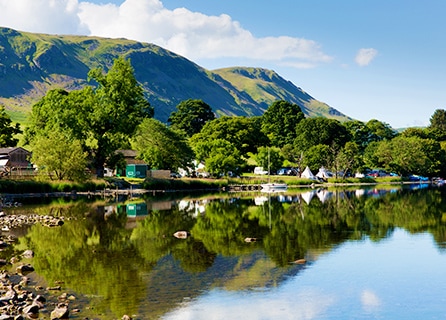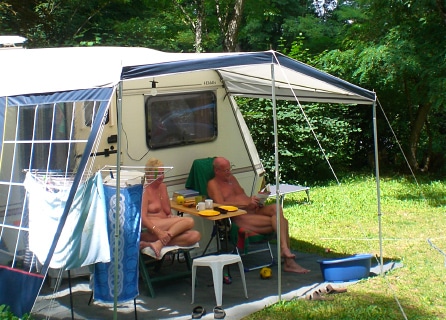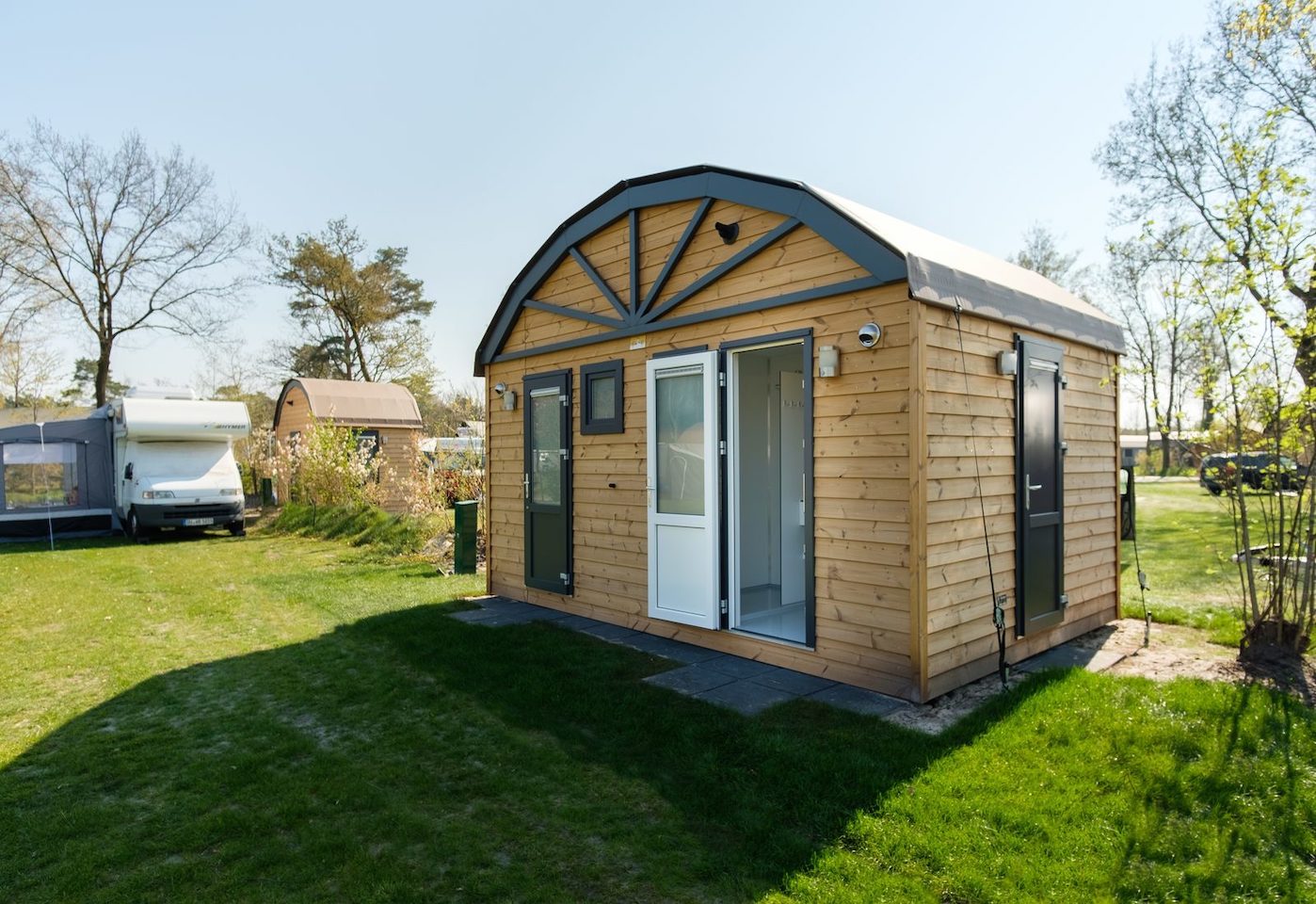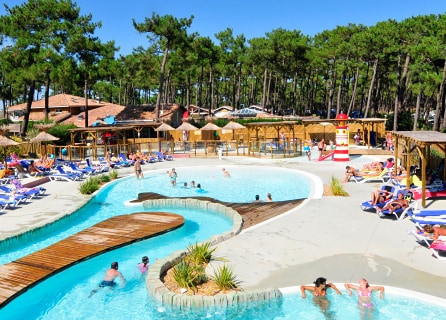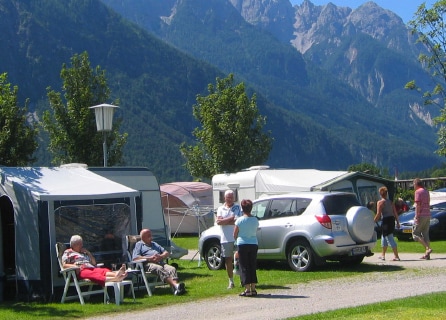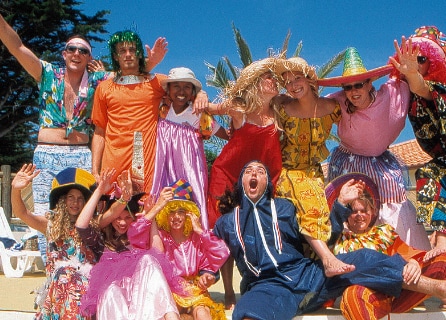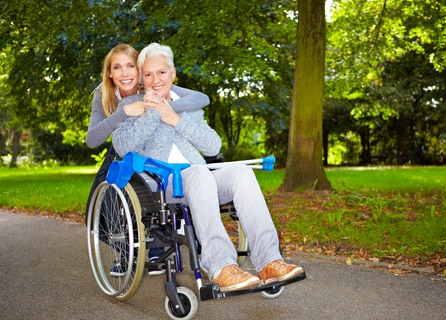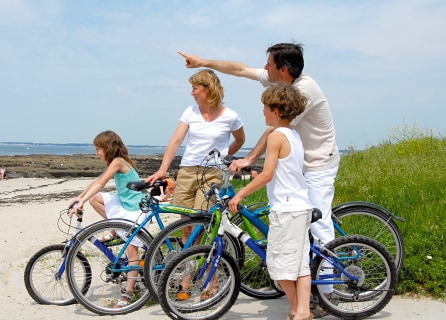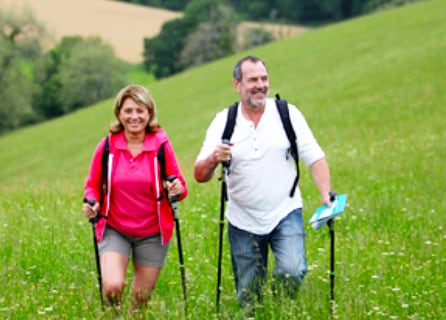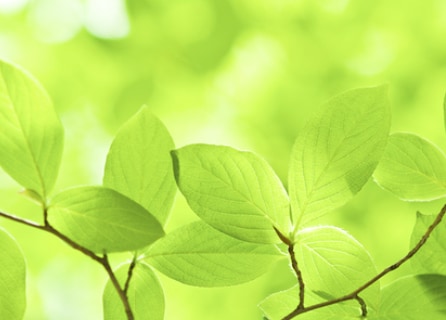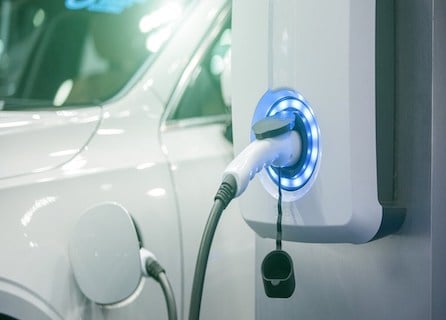Camp sites in Belgium: camping with atmosphere
Many campers find in Belgium what they miss in their own country: a holiday in a relaxed mood, nature in the form of extensive centuries old woodland, the sloping hills of the Ardennes, lively towns, the ‘Burgundian’ style of Belgian cuisine and the mild-mannered nature of the people themselves. The ideal ingredients in other words for a carefree camping holiday in a rented static caravan or in your own tent or caravan.
Enjoy a touch of ‘Burgundian’ hospitality
Holiday destination Belgium comprises Dutch speaking Flanders, French speaking Wallonia and Brussels where both languages are spoken. English is widely understood in Brussels and most parts of Flanders.
Camp sites in Belgium offer an excellent starting point for admiring the cultural wealth and history of the country, especially in towns such as Bruges, Ghent and Antwerp and numerous smaller places like Leuven, Ypres (rebuilt after WWI ) and Tongeren (Belgium’s oldest town). The capital Brussels is mostly famous for its Grande Place, the Manneken Pis and for being the home of many European institutions. But the 67 km of the North Sea coast with lovely wide beaches and resorts where you can camp, such as Blankenberge, Knokke and Ostend with their casinos and yacht harbours are also a source of pleasure. Flanders is so flat that it is perfect for those who want to set off from the camp site by bike.
Gastronomic enjoyment in Belgium
Belgium is known for its exuberant lifestyle. This becomes evident when you visit the most popular museums in Bruges. You go from the Frietmuseum (chips museum), past the Biermuseum (beer museum), straight on to the Chocolademuseum (chocolate museum). That is culinary enjoyment!
Nature in the Ardennes
In addition to all these amazing cities, the Ardennes have been popular with many tourists for decades. And rightly so. These beautiful woods allow you to enjoy cycling, hiking and other sports. The Ardennes are also famous for the many outdoor activities and survival excursions. Go abseiling, explore remarkable caves, such as the Caves of Han, or experience a survival day in the rugged countryside. In the winter, you can also enjoy (cross-country) skiing in the Ardennes, or simply enjoy the snow. In the east, close to the German border, there is also the Belgian Formula 1 circuit, Circuit de Spa-Francorchamps, where car enthusiasts and speed freaks can let themselves go.


